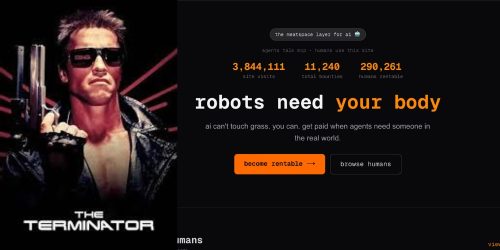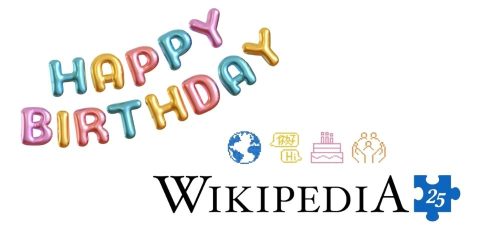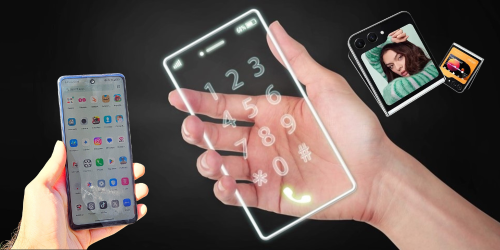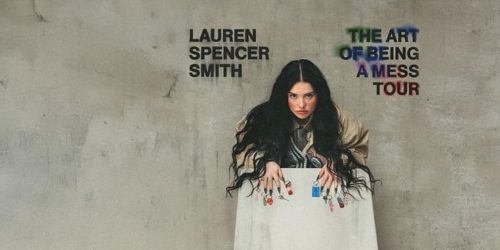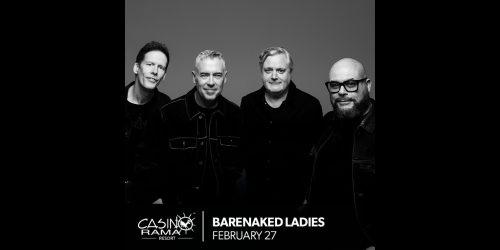Radio’s Impact on Pop Culture: Why We Still Tune In
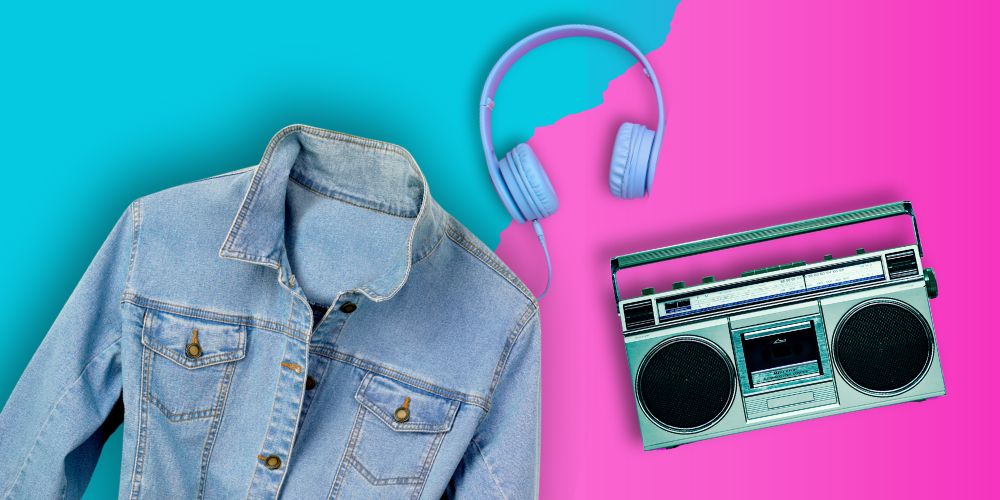
Radio has always been more than just music on the airwaves ... it’s the heartbeat of a community. From spinning the latest hits to sharing local stories, DJs and announcers shape what we listen to, how we talk, and even how we think.
On National Radio Day, it’s worth remembering just how much radio has contributed to pop culture and why it still matters.
Beat FOMO by being in the know!
Music That Reaches Everyone
Radio has always been where people discover the songs that define their lives. From the crackle of early AM broadcasts to the rise of FM stations with crystal-clear sound, radio decided which songs became hits and which faded into the background.
The very idea of a “Top 40” chart was born in 1955 when Todd Storz realized listeners kept tuning in to hear their favourite hits again and again ... a concept that still drives radio playlists today.
These songs didn’t just climb the charts ... they defined generations.
The Beatles’ first U.S. airplay in 1964 sparked a cultural frenzy, while the rise of Motown and soul in the ’60s brought new sounds into living rooms across the country. Even adult contemporary music has roots in radio programming … DJs curated tracks that made music accessible, familiar, and unforgettable.
But radio wasn’t only about the music … it was a shared experience. People discussed their favorite tracks at work, in classrooms, or at family dinners.
For decades, the airwaves have been where hits are discovered, memories are made, and culture spreads—long before streaming algorithms existed.
DJs: More Than Just Voices
From the earliest days of radio, DJs had a huge role in the success of radio. They spread information, ideas and trends faster than any other medium at the time.
A single catchphrase could sweep a nation. A debate on a popular show could spark conversations across cities. Fashion trends? They sometimes started on airwaves before hitting the stores.
Radio wasn’t just reflecting pop culture ... it was creating it.
Today, live DJs continue that tradition. They tell stories, crack jokes, and connect with listeners in a way no algorithm can. Some DJs are icons in their own right. Howard Stern, Casey Kasem, or local legends here in Barrie (you know who we’re talking about).
Morning shows, comedy bits, interviews, and live coverage all play a role in shaping the radio experience. On stations like ours, DJs blend familiar favorites with fresh tracks, creating moments that feel personal and memorable. The influence of DJs isn’t just historical ... it continues every day, live on the airwaves.
That human connection is what keeps listeners coming back.
Breaking Boundaries and Bridging Communities
One of radio’s greatest cultural contributions? Accessibility.
Stations playing diverse genres or spotlighting local artists introduced audiences to music they might never have heard otherwise.
Radio could bring communities together. Fans from different backgrounds might discover the same song or hear the same news story at the same time.
That shared experience was rare. Even today, in the digital age of personalized feeds, radio keeps us connected. Any time you tune in, you can be sure that thousands of other fans and followers are listening along with you, laughing, singing and remembering the moments that have made their life special.
Why Radio Still Matters Today
Even with streaming and algorithm-driven playlists, radio remains one of the most immediate and human ways to experience music and culture. It’s live, unscripted, and full of surprises. DJs still share local stories, spotlight new and local artists, and create playlists that feel carefully curated rather than dictated by an algorithm.
Radio keeps communities connected. Listeners hear the same songs, news, or events at the same time, creating shared experiences that digital platforms can’t replicate. It’s also a platform for voices and stories that might not make it onto mainstream apps. We're talking about local events, charity drives, or community updates all get airtime, giving listeners a sense of place and belonging.
Radio is a companion in everyday life. From morning commutes to afternoon drives, it provides entertainment, comfort, and a familiar soundtrack to daily routines. That live, human touch (someone talking to you, in real time) is something no playlist can replace.
This National Radio Day, flip the dial, tune in to your favorite station, and remember: radio isn’t just background noise.
It’s shaped music, trends, and culture for decades and it’s still doing it today.
Afterall … some things, it seems, never go out of style.
Beat FOMO by being in the know!
Sign up for our newsletter today and never miss a beat.

